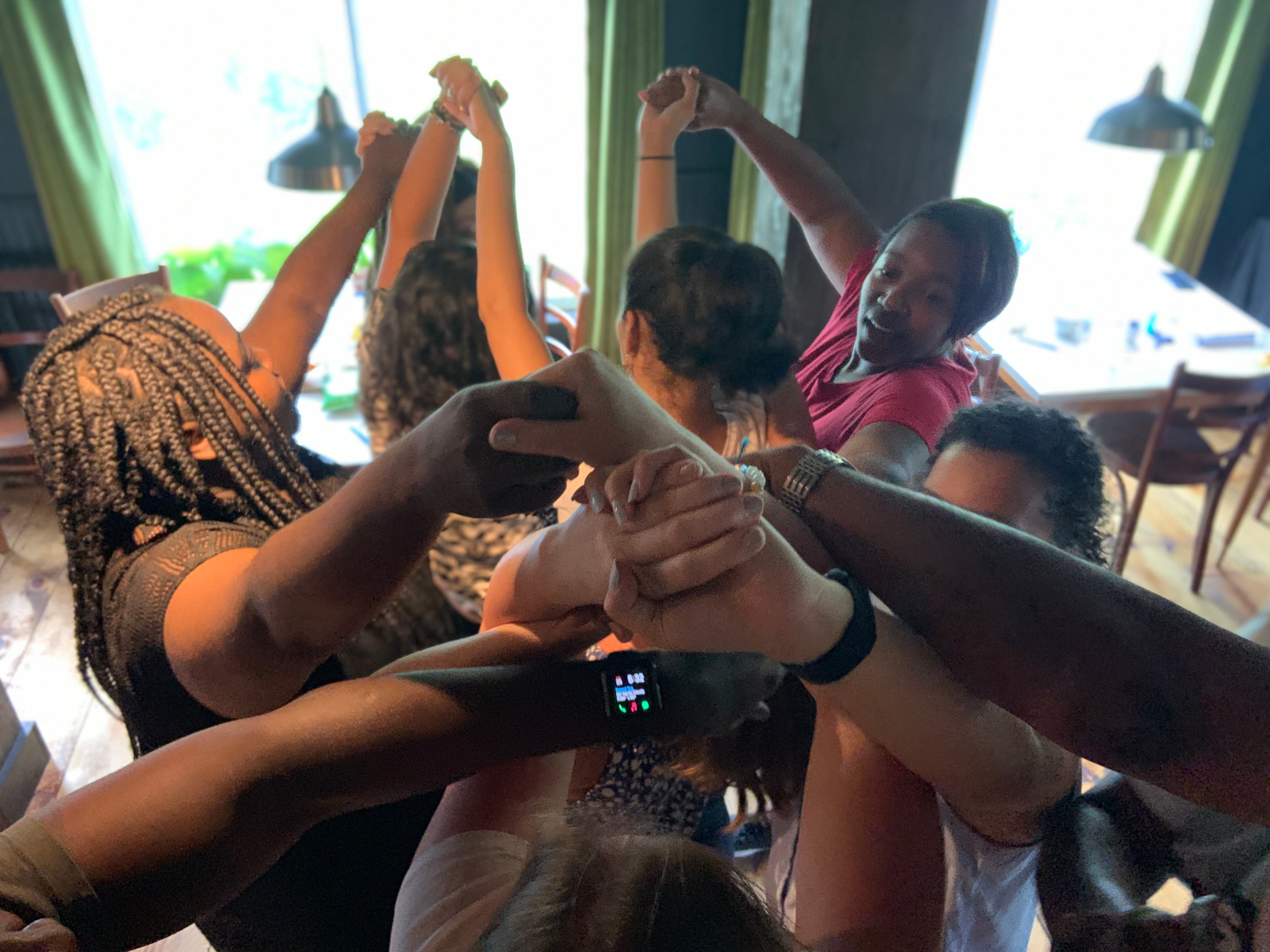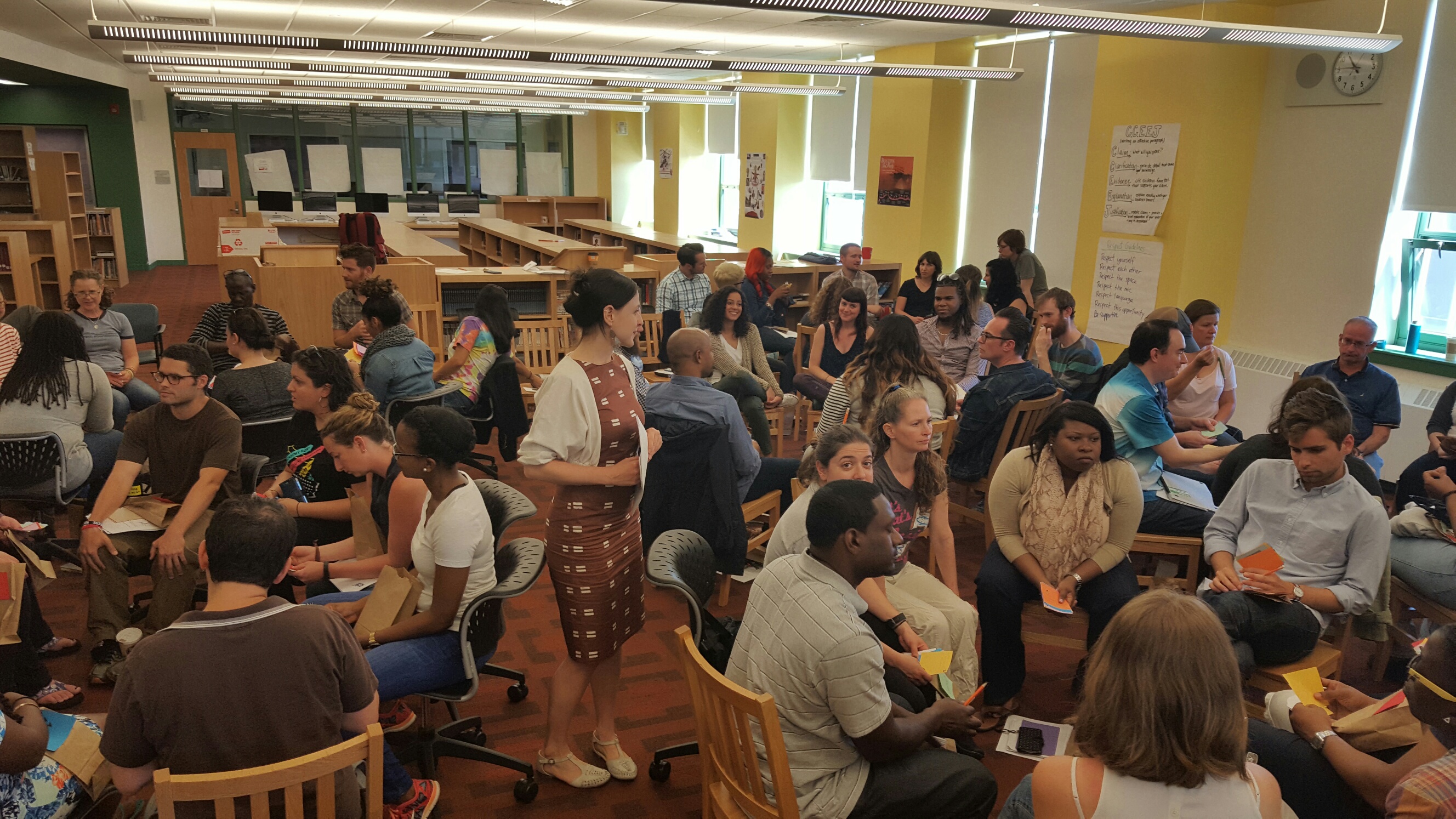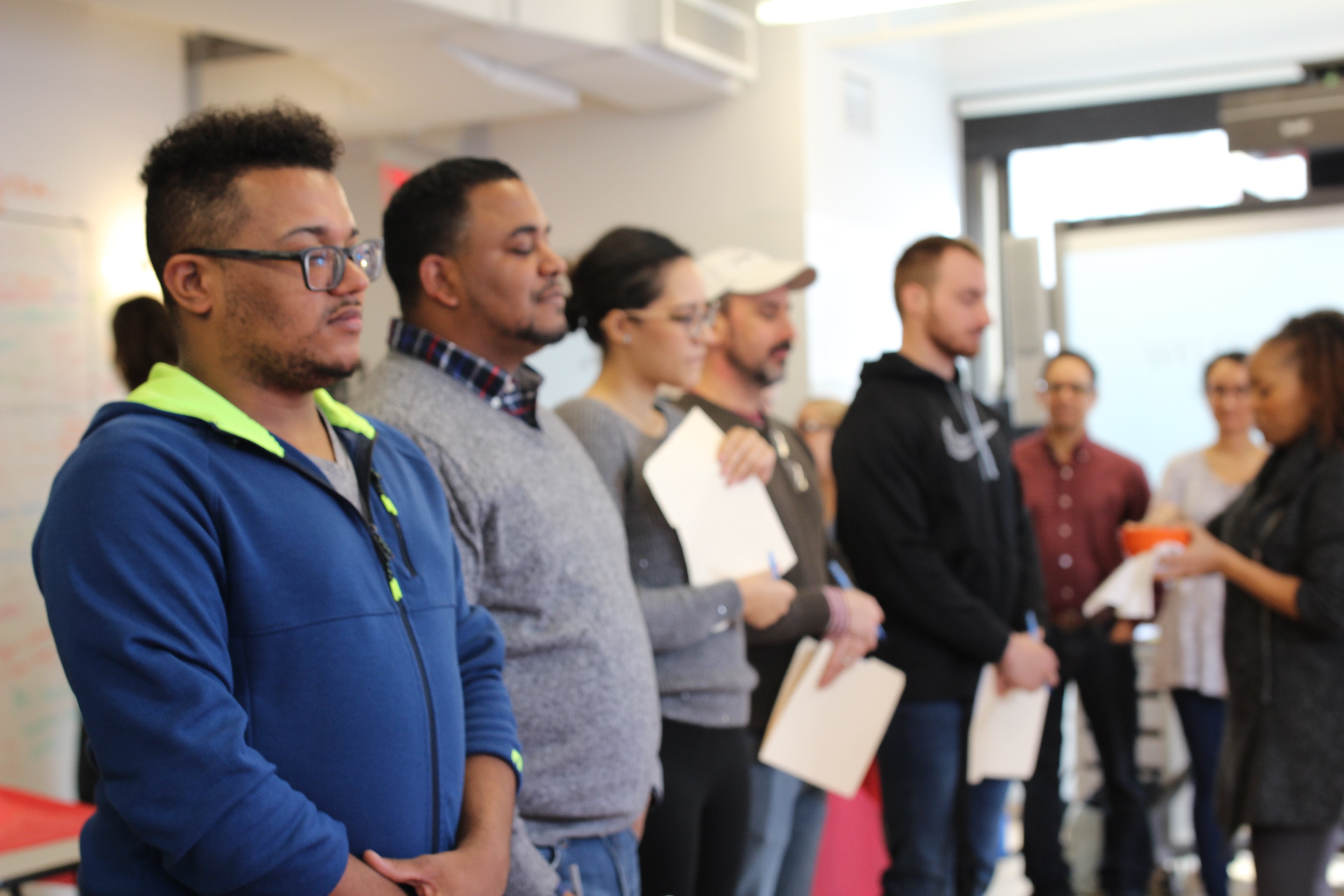-
Our Programs
-
BusinessesLearn More About your Working Genius
-
Colleges
-
Schools and CommunitiesLearn how to bring Leadership to Your School
-
-
About Us
-
Resources and Tips
-
Contact Us
-
Our Programs
-
BusinessesLearn More About your Working Genius
-
Colleges
-
Schools and CommunitiesLearn how to bring Leadership to Your School
-
-
About Us
-
Resources and Tips
-
Contact Us










